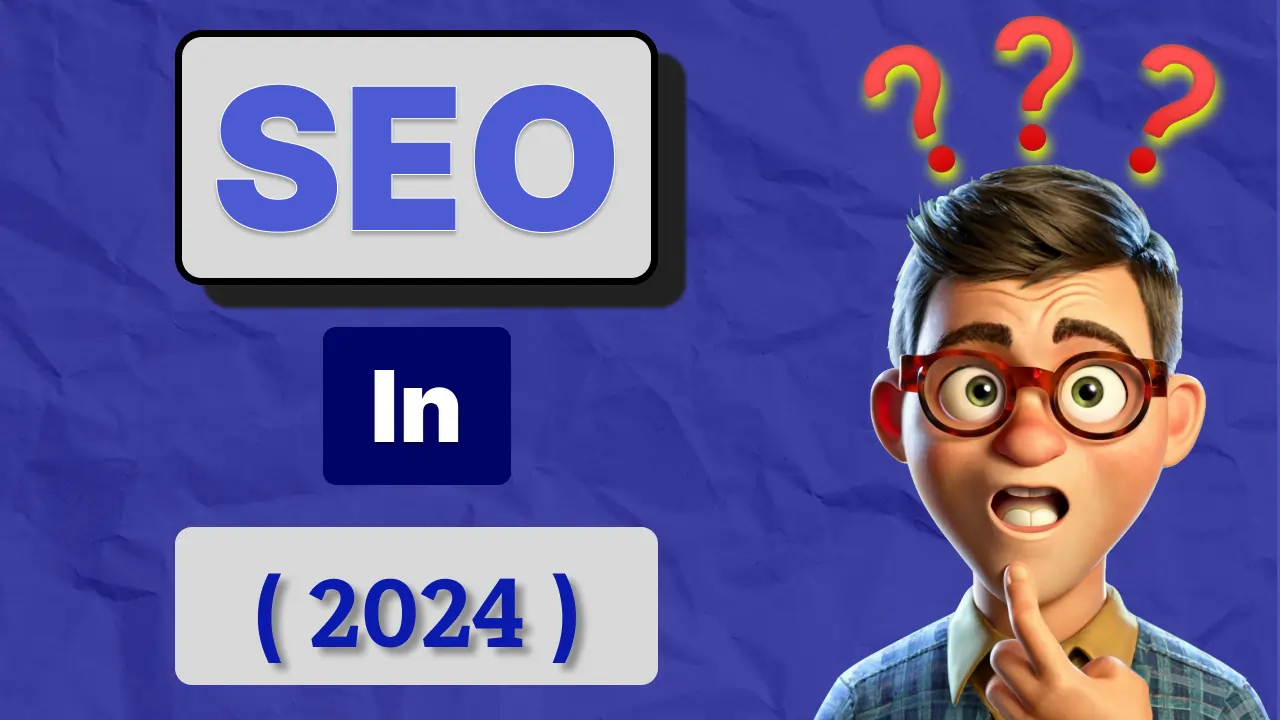In the world of digital marketing, Search Engine Optimization (SEO) is a constantly evolving subject. Within the huge field of SEO, on-page SEO tools emerges as the best practice for you to increase a website’s traffic and obtain organic visitors. On-page SEO, which includes everything from creating interesting content to optimizing technical features, is critical to improving your website’s ranking on search engine like Google, Yahoo, etc. In this post, we’ll look at the importance of on-page SEO and how it will help your website to reach its full potential.
Understanding On-Page SEO
On-page SEO is the practice of optimizing individual web pages so that they rank higher and receive more relevant traffic from Google and other search engines. Unlike off-page SEO, which involves external factors like backlinks and social signals, on-page SEO focuses on improving a webpage’s content and HTML source code. It consists of several components, including keyword optimization, meta tags, URL structure, internal linking, and user experience (UX) design.
Enhancing Search Visibility with On-Page SEO Tools
In today’s highly competitive online surroundings, getting exposure for your website in search engine results is critical. Effective on-page SEO tools allow search engines such as Google to grasp the relevance and context of your material, increasing its chances of ranking higher for relevant searches. By properly adding target keywords to your page titles, headings, and body content, you communicate to search engines the principal subjects and themes covered in your content.
Furthermore, improving meta tags, such as meta descriptions and title tags, not only increases click-through rates but also offers readers brief summaries of your content’s relevancy to their search searches. Compelling meta tags act as digital signposts, entice users to visit your website and discover the value you provide.
In general, on-page SEO involves the creation of high-quality, relevant content that speaks to your target audience. Search engines prefer material that is informative, interesting, and contextually relevant. By conducting extensive keyword research and understanding user intent, you can personalize your content to your audience’s specific requirements and questions. Here are some important points to follow best on-page SEO practices.
Optimizing Technical Elements
Adding multimedia features such as videos, images, and animations improves both the visual appeal of your information and the user experience. Optimizing multimedia elements with descriptive alt tags and relevant filenames will help search engines index and comprehend the context of your media assets.
The Power of Internal Linking
Internal linking is a critical component of on-page SEO that is sometimes neglected. By properly interlinking similar pages on your website, you will be able to share link equity and create thematic links across different types of content. This will not only improve your website’s crawlability and indexing, but it will also encourage users to discover new resources and go deeper into your website’s content ecosystem.
Effective internal linking also improves site layout and assists search engines in prioritizing and understanding the value of particular pages on your website. By establishing a logical hierarchy of internal links, you can direct both users and search engines through your website’s content landscape, providing a smooth browsing experience and increasing the discoverability of your most valuable assets.
Monitoring and Iterating for Success
Monitoring and iterating on your on-page SEO tools and tactics is critical for remaining ahead of the competition. Use analytics tools like Google Analytics and Google Search Console to monitor important metrics like organic traffic, bounce rates, and keyword rankings for your website. You can also focus on the pages which are currently most visited on your website.
By reviewing performance data and identifying areas for improvement, you can enhance your on-page SEO strategies and respond to changing search trends and algorithm upgrades. Stay up-to-date on industry best practices and developing technology, and be willing to experiment and iterate on your optimization techniques to maintain a competitive advantage in the digital marketplace.
On-page SEO Tools in WordPress
If you are using WordPress for developing your website, you can use plugins like RankMath, Yoast SEO, etc. to manage your on-page SEO. These plugins offers different opportunities for you to grow and provides useful on-page SEO tools as well.

Yoast SEO
Yoast SEO is one of the most widely used SEO plugins for WordPress, renowned for its intuitive interface and powerful optimization capabilities.
Rank Math
Rank Math is a relatively newer entrant to the WordPress SEO plugin scene but has quickly gained traction for its feature-rich functionality and advanced capabilities.
Finally, on-page SEO is a critical component of digital marketing, allowing website owners to enhance their online visibility and reach. Focusing on content relevance, technological excellence, and user experience allows you to maximize the potential of your online material and interact with people on a deeper level. Adopt the concepts of on-page SEO as a guiding philosophy, and watch as your website rises in search engine rankings, encouraging meaningful engagement and fostering long-term relationships with your target audience.
Please share your thoughts and insights in the comments. At The Product Recap we are open to friendly suggestions and helpful input to keep awareness at its peak.




